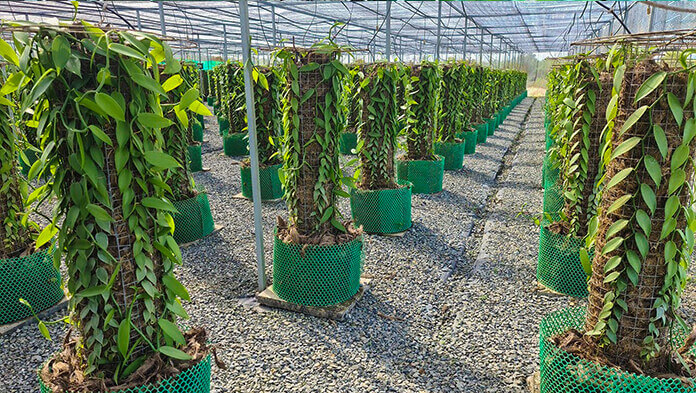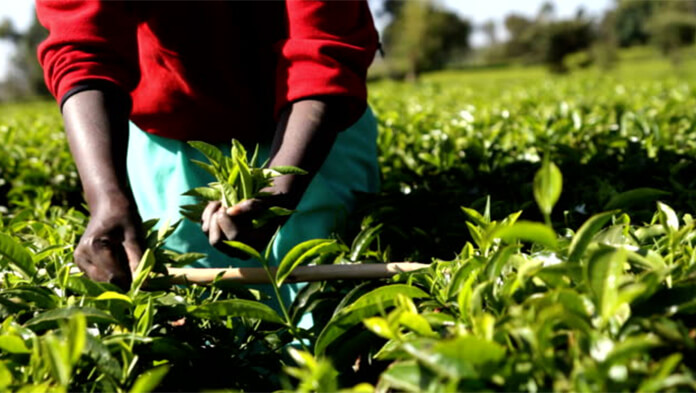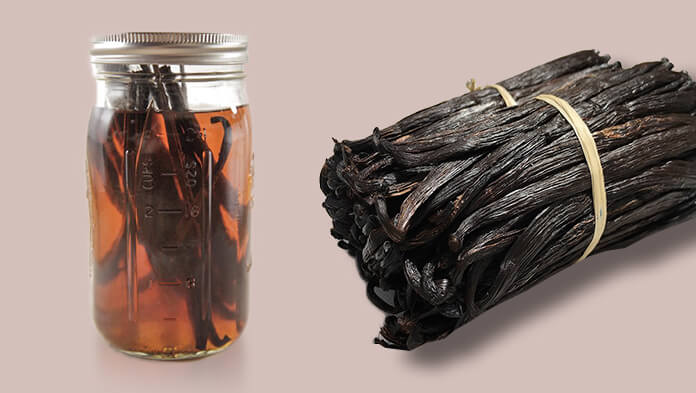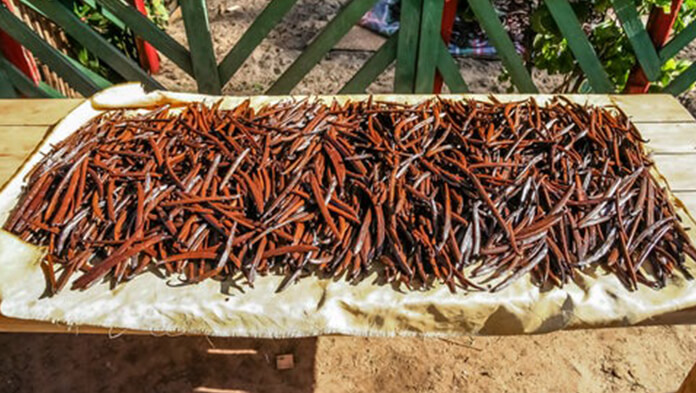
Madagascar was on course to produce yet another bumper vanilla crop in 2021/22. However, due to adverse weather conditions, market participants lowered their earlier crop expectations. Following strong flowering in October and November in 2021, and new vines reaching maturity, a few early-season estimates pegged this year’s harvest as high as 2,500 tonnes. However, due to a combination of drought, heat and excess rain, the 2021/22 vanilla output was now estimated to reach around 2,100-2,200 tonnes, which would present an increase of at least 5% year-on-year (y-o-y). In 2020, production in Madagascar climbed to an estimated 2,000 tonnes, from 1,400 tonnes in 2019/20.
The vanilla growing regions in the northeast of the island were exposed to drought conditions in the build up to the flowering and in several subsequent months. In addition, above-average rainfall in the latter part of the growing season, between April and June, along with periods of excessive heat, have caused some vines to rot and pods to fall off the vines.
In the July vanilla field survey published by thevanillareport.com, 83% of their sampled vanilla was exposed to rot and pod loss, following adverse weather conditions, with the sampled crop pod loss ranging from 20 to 30% below the optimal yield.
Some of the weather issues have been attributed to climate change. According to Michel Marceau from thevanillareport.com, Madagascar is one of the countries most directly affected by global warming. Cyclones continue to increase in number and strength, which has been having damaging effect on agriculture and people’s livelihoods. ‘Extended periods of drought are being followed by heavy rains, with vines being unable to support the pods due to excessive humidity’, he added.
The most extreme weather anomalies have been felt at the southern part of the island, where they are experiencing the worst drought in 40 years. Most crops are also being plagued by locusts and sandstorms. The World Food Program (WFP) recently warned that 1.14 million people from the south are food-insecure and 400,000 people are headed for famine.
On the demand side, the US imported 737 tonnes of vanilla in the first five months of 2021, an increase of 34% y-o-y. Similarly, EU imports soared between January and May 2021, with the trading bloc importing 479 tonnes of Madagascan vanilla during the period, up 104% y-o-y and 23% more than the five-year average.
The growth in demand is attributed to strong retail performance during the pandemic, through higher sales of food products containing natural vanilla, as consumers have been snacking and baking more frequently at home.
‘Retail sales of our vanilla extract have been boosted significantly by the pandemic’, a North American vanilla extract manufacturer confirmed.






